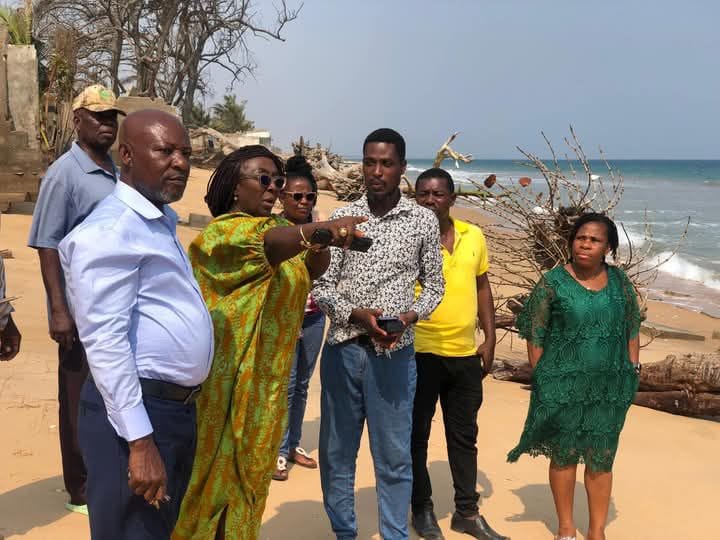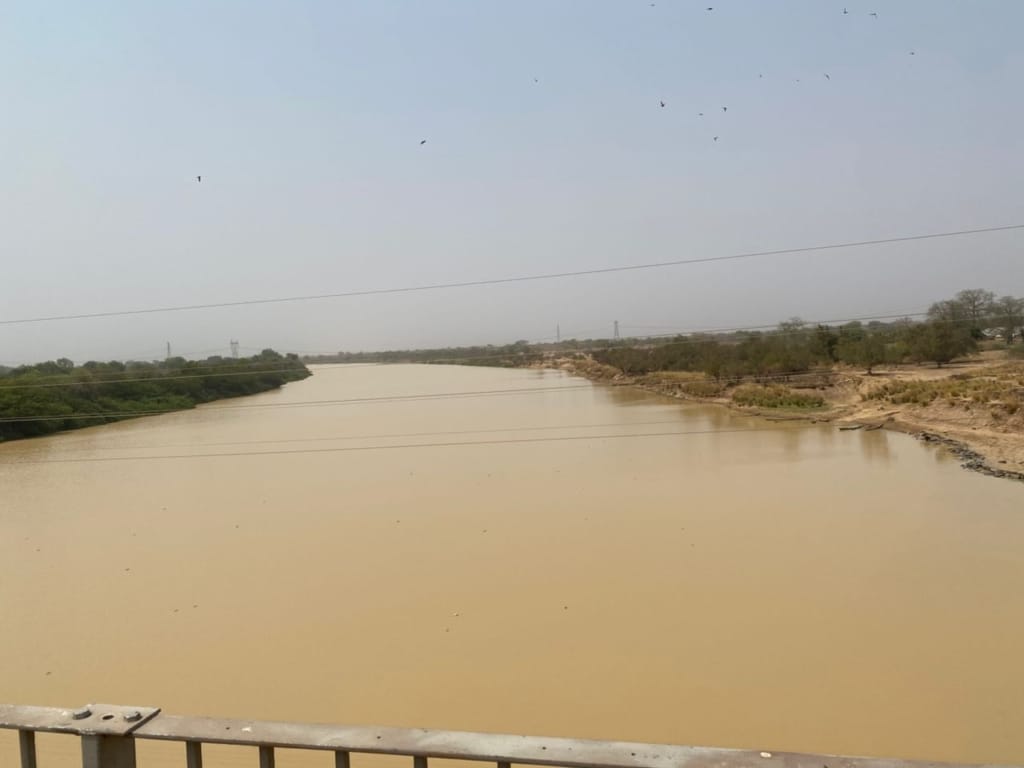Residents of Amakye-Bare in the Atwima Nwabiagya North District of the Ashanti Region have declared a firm stance against illegal mining, vowing to prevent future activities after successfully stopping a recent invasion.
Illegal mining has devastated farmlands and poses a severe threat to the community’s primary water source, which is crucial for both domestic use and agriculture. Farmers and residents, who rely on the river for irrigation, took decisive action months ago by clashing with miners and burning their equipment after authorities failed to intervene.
Chief farmer Emmanuel Opoku emphasized the community’s determination, saying, “We will not allow people to destroy the only source of water we use for our farming activities. There is no job in this community except farming, and allowing illegal miners to carry out their activities will push many out of business.”
During a visit by Channel One News, a land reclamation exercise was underway. However, residents remain sceptical of the local chief, who denied knowledge of the mining activities despite reportedly leading the restoration efforts.
Ama Serwaah, a resident, highlighted the risk to the Barekese Dam, which supplies water to Kumasi and surrounding areas. “Illegal mining will bring trouble to us. The Barekese Dam is close by, and these activities threaten its survival. That is the water we drink from and use to cook local kenkey for sale,” she warned.
Another resident, Awo Sama, stressed the long-standing awareness of illegal mining’s dangers, accusing miners of attacking the youth in retaliation for the destruction of their equipment. “We will not do it in this community. Illegal miners will only pollute our rivers, affecting those who consume our kenkey,” she said.
Following the community’s confrontation with miners, one young resident was arrested, and the case is currently before the Kwadaso District Court. Residents insist he is innocent and are demanding his release.
Despite the legal battle, Amakye-Bare residents remain resolute in their fight to protect their farmlands, water sources, and livelihoods.














